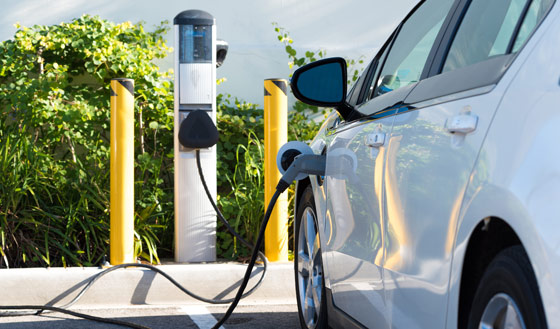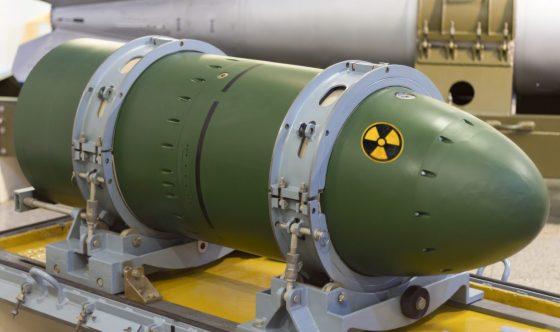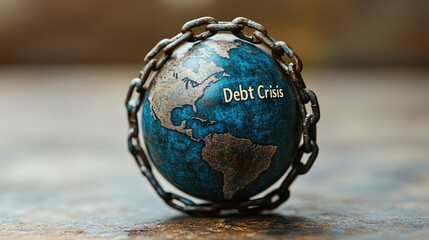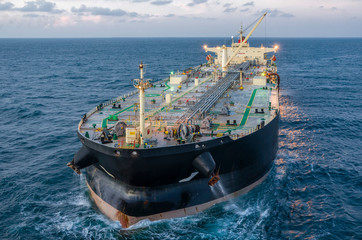Why the Transocean/BP oil rig failed to take safety seriously and the lax regulatory enforcement is all starting to make sense.
We now know that the regulators themselves took bribes in the form of large gifts like sporting event tickets and free dinners, which likely played a role in why regulators often overlooked rig problems while performing “inspections.”
But what benefit is there for a company like Transocean, the drilling company hired by BP?
Turns out that there are several hundred million in benefits:
As the BP oil spill continues to blacken waters in the Gulf of Mexico and beyond, Lloyd’s of London has issued its first estimate of net claims from the disaster.
The world’s largest insurance market says total claims from explosion of the Deepwater Horizon oil rig could be between $300 million and $600 million.
The figure was based on information from an unknown number of Lloyd’s 78 syndicates with exposure to the disaster, including the limits of their individual contracts.
[source: CNN]
For their part in the largest oil disaster in US controlled waters, Transocean stands to make $270 million in profits:
THE owner of the oil rig that exploded in the Gulf of Mexico, killing 11 people and causing a giant slick, has made a $270m (£182m) profit from insurance payouts for the disaster.
The revelation by Transocean, the world’s biggest offshore driller, will add to the political storm over the disaster. The company was hired by BP to drill the well.
The “accounting gain†arose because the $560m insurance policy Transocean took out on its Deepwater Horizon rig was greater than the value of the rig itself. Transocean has already received a cash payment of $401m with the rest due in the next few weeks.
The windfall, revealed in a conference call with analysts, will more than cover the $200m that Transocean expects to pay to survivors and their families and for higher insurance costs.
[source: Times Online]
BP and Transocean let their safety processes slide, as did the regulators, and 11 people died as a result. Someone’s father, brother, son – and for what?
According to these reports, it was for money. What motivation do corporations have to protect their employees? When they can still profit from disaster, even after people die, then the only motivation is profit. Even after settlements with the families, these companies will come out ahead.
Will anyone be prosecuted? Like Goldman Sachs, there will be a show – heck look at the circus they’ve made of it now! In the end, no one, at least not those directly responsible, will be criminally charged with manslaughter or negligence, and as a result, corporations like BP, Transocean, Goldman, JP Morgan, et. al. will continue with business as usual – killing people, destroying lives, destroying sovereign economies, manipulating currencies & stock markets, and a host of other crimes against humanity, while our politicians turn a blind eye, because they, too, have been bought and paid for.









0 Comments